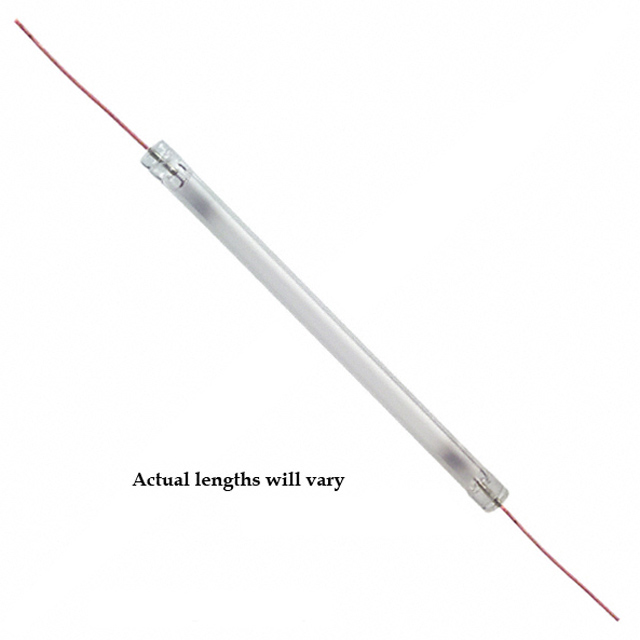W6810: Features: • Single +5V power supply• Typical power dissipation of 25 mW, power-down mode of 0.5 W• Fully-differential analog circuit design• On-chip precision reference of 1....
floor Price/Ceiling Price
- Part Number:
- W6810
- Supply Ability:
- 5000
Price Break
- Qty
- 1~5000
- Unit Price
- Negotiable
- Processing time
- 15 Days
SeekIC Buyer Protection PLUS - newly updated for 2013!
- Escrow Protection.
- Guaranteed refunds.
- Secure payments.
- Learn more >>
Month Sales
268 Transactions
Payment Methods
All payment methods are secure and covered by SeekIC Buyer Protection PLUS.

 W6810 Data Sheet
W6810 Data Sheet







